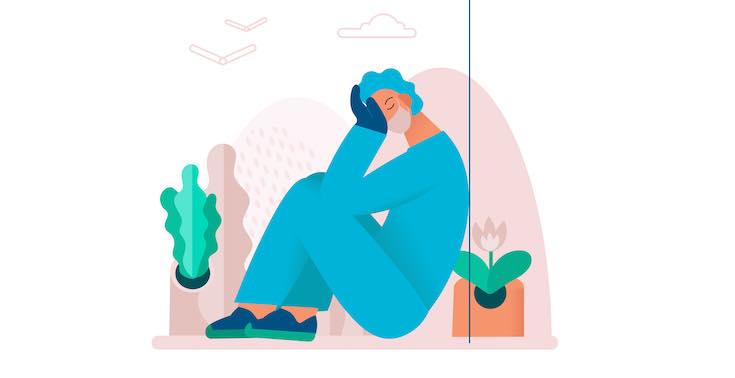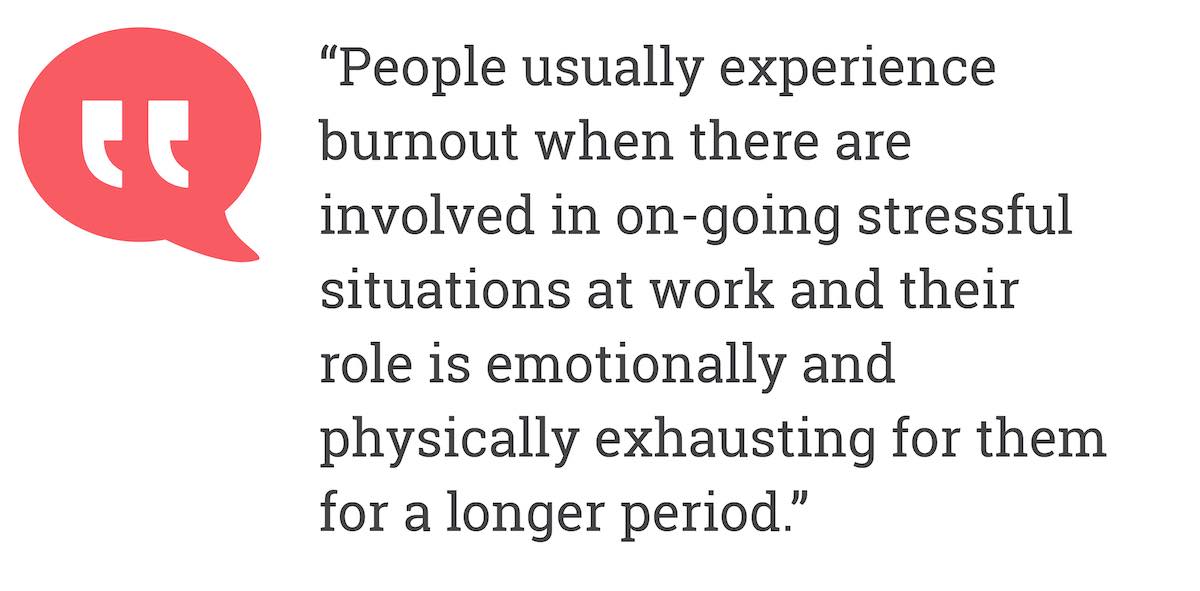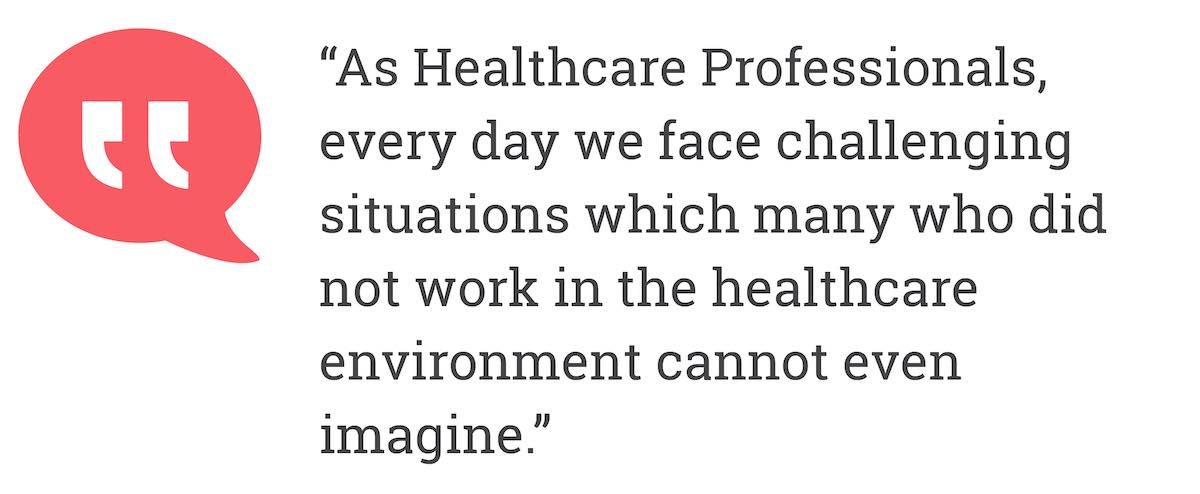 “There is nothing more important than kindness to ourselves and the people around us, especially during this prolonged stressful situation that we have experienced globally since March 2020.”
“There is nothing more important than kindness to ourselves and the people around us, especially during this prolonged stressful situation that we have experienced globally since March 2020.”Marzena gives you all the information you need to know about coping with Burnout and explains why prioritising yourself is key to beating stress.
Topics covered in this article
Defining Burnout
The term ‘Burnout’ was recognised by World Health Organisation in 2019 as an ‘occupational phenomenon’.
This term is well known and commonly experience by Healthcare Professionals, but there is limited research on burnout among student Nurses.
Burnout is known as a state of physical and emotional exhaustion (Mental Health UK, 2021).

People usually experience burnout when there are involved in on-going stressful situations at work and their role is emotionally and physically exhausting for them for a longer period.
Common symptoms which people experience during their burnout are:
- Feeling tired all the time
- Feeling helpless and trapped in the situation
- Feeling alone from the world and struggling to experience any pleasure from activities which used to be enjoyable for a person
- Cynical thoughts and comments
- Procrastinating and completing activities longer than usual
- Insomnia and disturbed sleep or sleeping too much
- Anxiety and its physical symptoms (for example shortness of breath or more common headaches)
- Decreased concentration and forgetfulness.
The Maslach Burnout Inventory (MBI) is a 22-item self-report questionnaire that can be used as a tool to recognise symptoms of burnout in Nurses.
MBI explores three components: exhaustion, depersonalisation, and personal achievement.
This tool cannot be used as a clinical diagnostic technique, nevertheless, it might reveal that a person might be at higher risk of burnout and can be useful to signposting someone to a specialist.








About this contributor
Mental Health Nurse
I am a registered mental health nurse and a happy mum of two little girls. I'm currently working as a CAMHS practitioner. Nursing gives me plenty of enjoyment and I love the idea of learning something new every day. In my practice I try to focus on a holistic approach to wellbeing while highlighting the importance of connection between mental and physical health.
More by this contributorWant to get involved in the discussion?
Log In Subscribe to comment